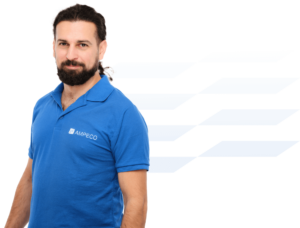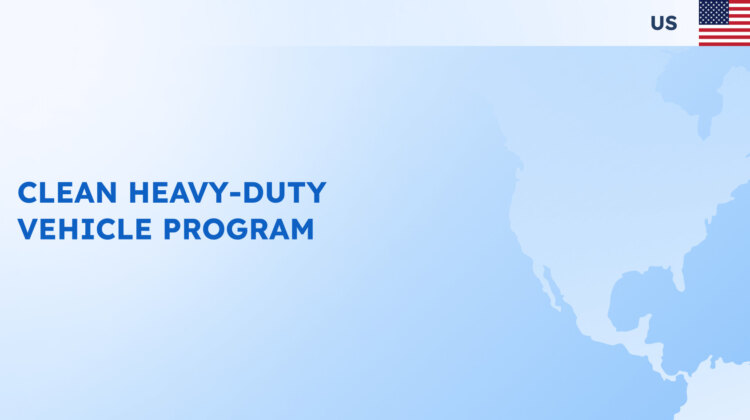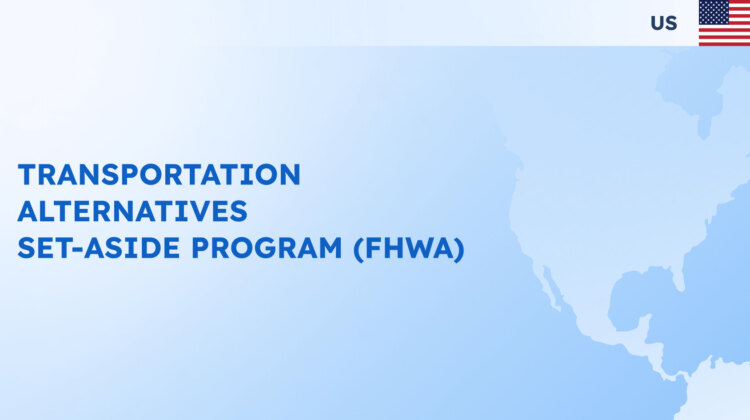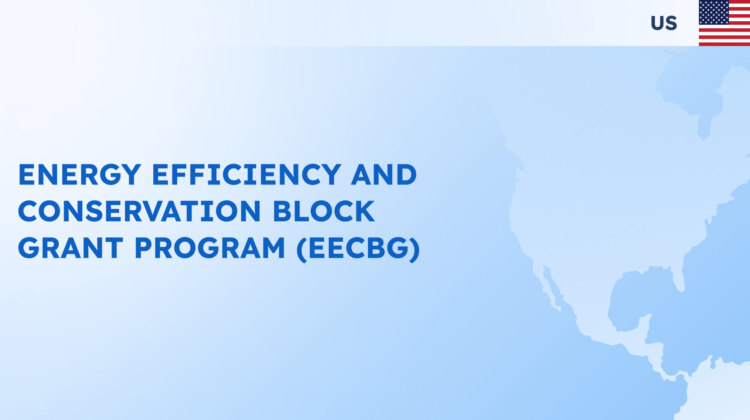At the intersection of environmental stewardship and efficient transportation, The Congestion Mitigation and Air Quality Improvement (CMAQ) program emerges as a crucial mechanism. Created to fulfill the mandates of the Clean Air Act (CAA) and its subsequent amendments, the program is enshrined within 23 USC Sec 149 and extends financial support to State and local governments. These funds are pivotal in advancing transportation projects and initiatives geared towards curbing mobile source emissions.
The scope of CMAQ is expansive, encompassing regions designated by the U.S. Environmental Protection Agency (EPA) as nonattainment or maintenance areas for national ambient air quality standards related to ozone, carbon monoxide, and particulate matter. Through this dynamic framework, diverse projects such as electric vehicles and charging stations, transit enhancements, bicycle, and pedestrian facilities, and shared micro-mobility ventures, including shared scooter systems, become eligible for funding. Beyond the immediate environmental impact, CMAQ initiatives are poised to foster broader benefits, including equitable transportation access, heightened safety, and the integration of cutting-edge technologies.
At its core, the Congestion Mitigation and Air Quality Improvement (CMAQ) program signifies an essential stride towards a harmonious balance between mobility and environmental health. This multifaceted initiative bears the dual mission of alleviating congestion while elevating air quality standards, aligning seamlessly with the mandates set forth by the Clean Air Act. Functioning as a flexible funding reservoir, the program orchestrates the distribution of resources to State and local governments, offering them the means to orchestrate projects that mitigate congestion and promote cleaner air. Steering this orchestrated effort are State Department of Transportation (DOTs) and Metropolitan Planning Organizations (MPOs), working in tandem to channel CMAQ funds toward projects that bolster transportation infrastructure and contribute to creating cleaner, more vibrant communities.
Funding Details
The CMAQ program offers financial support to transportation projects that align with its objectives. Key funding details include:
- Eligible EV Activities: The program supports various activities related to EVs, including LDV (light-duty vehicle) charging, commercial charging, public transportation charging, workforce development, vehicle acquisition, and shared micro-mobility.
- Eligible Applicants: A diverse group of entities can apply for CMAQ funds, including States, Tribes, localities, transportation providers, and nonprofits.
- FY22 Formula Grant Range (to States): Funding amounts distributed to each State for the CMAQ program range from $10,000,000 to $505,000,000. It’s important to note that this range represents the funding that is distributed to each State, which is further allocated to projects within the State through a discretionary grant-making process.
- Frequency: Funding is allocated to State DOTs on an annual basis, providing a consistent source of support for projects that align with CMAQ objectives.
- Match Requirement: The specific match requirement is determined at the State level, allowing flexibility in meeting the financial obligations for project implementation.
Eligibility Criteria
The CMAQ program focuses on projects that reduce congestion and enhance air quality. Eligible activities include the development of EV charging infrastructure, shared micro-mobility solutions like bike-sharing and shared scooter systems, as well as vehicle acquisition and workforce development initiatives. The program encourages engagement from a broad spectrum of applicants, encompassing States, Tribes, localities, transportation providers, and nonprofit organizations.
Application Process: Applying for CMAQ funds involves a multi-step process, which includes submitting proposals aligned with the program’s goals and objectives. Applicants need to adhere to established deadlines and provide the necessary documentation to demonstrate how their proposed projects contribute to reducing congestion and improving air quality. Resources and support are often available to guide applicants through the application process.
Key Benefits and Opportunities
Participation in the CMAQ program offers several benefits and opportunities for EV charging network operators and other eligible applicants:
- Financial Support: The program provides substantial financial resources to execute projects that reduce congestion and promote cleaner transportation solutions.
- Air Quality Improvement: Supported projects contribute to improved air quality and healthier communities by encouraging the adoption of cleaner transportation modes.
- Enhanced Infrastructure: The program aids in the development of essential EV charging infrastructure, fostering the growth of electric vehicle adoption.
- Collaboration and Innovation: CMAQ encourages collaboration among different stakeholders, fostering innovation and knowledge sharing.
Additional Resources
Applicants seeking further information, guidelines, and support related to the CMAQ program can refer to the following program resource.



















